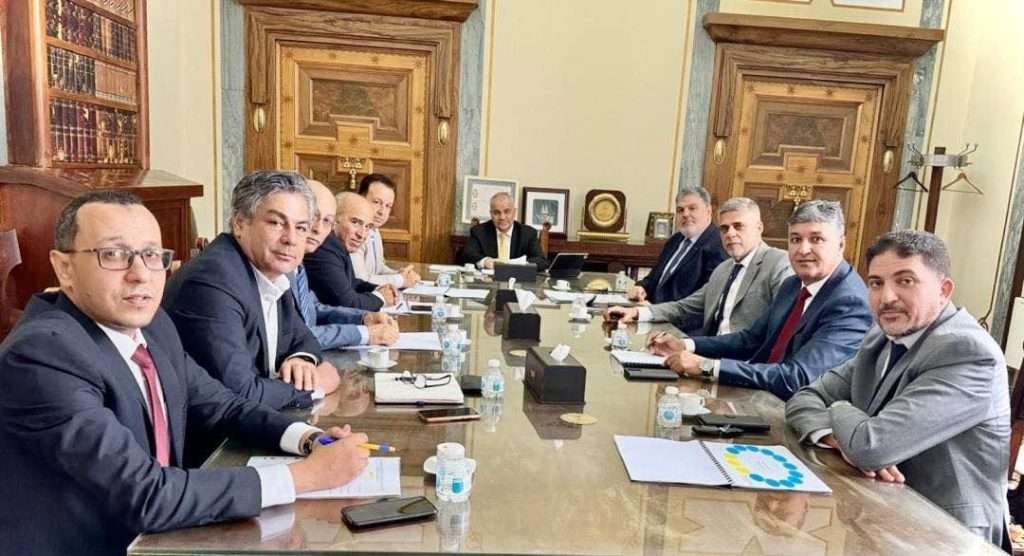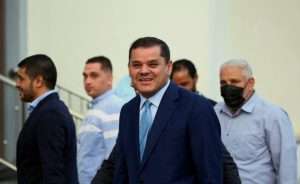Libya’s need for economic reform discussed at Central Bank meeting

In the wake of instability in the banking sector, Libya’s Speaker of Parliament met with the Central Bank to discuss necessary reforms according to Moroccan government-friendly outlet North Africa Post on August 21st.
Central Bank Governor Najee Issa and his deputy Marai al-Barassi met Speaker of Parliament Aguila Saleh in Benghazi on August 20th to discuss planned economic reforms and monetary policy.
The primary topics of discussion centred on Libya’s ongoing liquidity crisis and advancing electronic payment systems.
Governor Issa has promised that the cash shortage would be resolved by October 1st, saying the bank was working “actively and systematically” to expand digital transactions.
Economic growth in the north African nation has been forecast by the Arab Monetary Fund to be 14.3% in 2025, with recently high levels of crude oil production helping to curate a more positive fiscal outlook.
However, these forecasts, which have been regarded as optimistic, are heavily contingent on the fragile stability in Libya and the broader region, with US President Donald Trump’s tariffs also having a potential impact.
Libyan lawmakers have welcomed proposals from the Central Bank to ease financial bottlenecks within the system, particularly regarding the expansion of electronic payment systems to modernise Libya’s financial frameworks.
These pledges to implement much-needed economic reforms also emerges amidst a politically sensitive period for Libya, with the recent municipal elections marred by allegations of fraud and polling violations, with the National Institution for Human Rights demanding a halt to the electoral process to enable a full audit.
Broader concerns about Libya’s governance framework at local level continue to surface, with a desire to shift away from centralised government structures to empower local administrations.
Political instability arising from deep-rooted governance issues felt since the overthrow of Muammar Gaddafi in 2011 has fused with economic concerns, resulted in a stagnant reform process which both lawmakers and the Central Bank are now focused on resolving.
North Africa Post, Maghrebi.org
Want to chase the pulse of North Africa?
Subscribe to receive our FREE weekly PDF magazine











